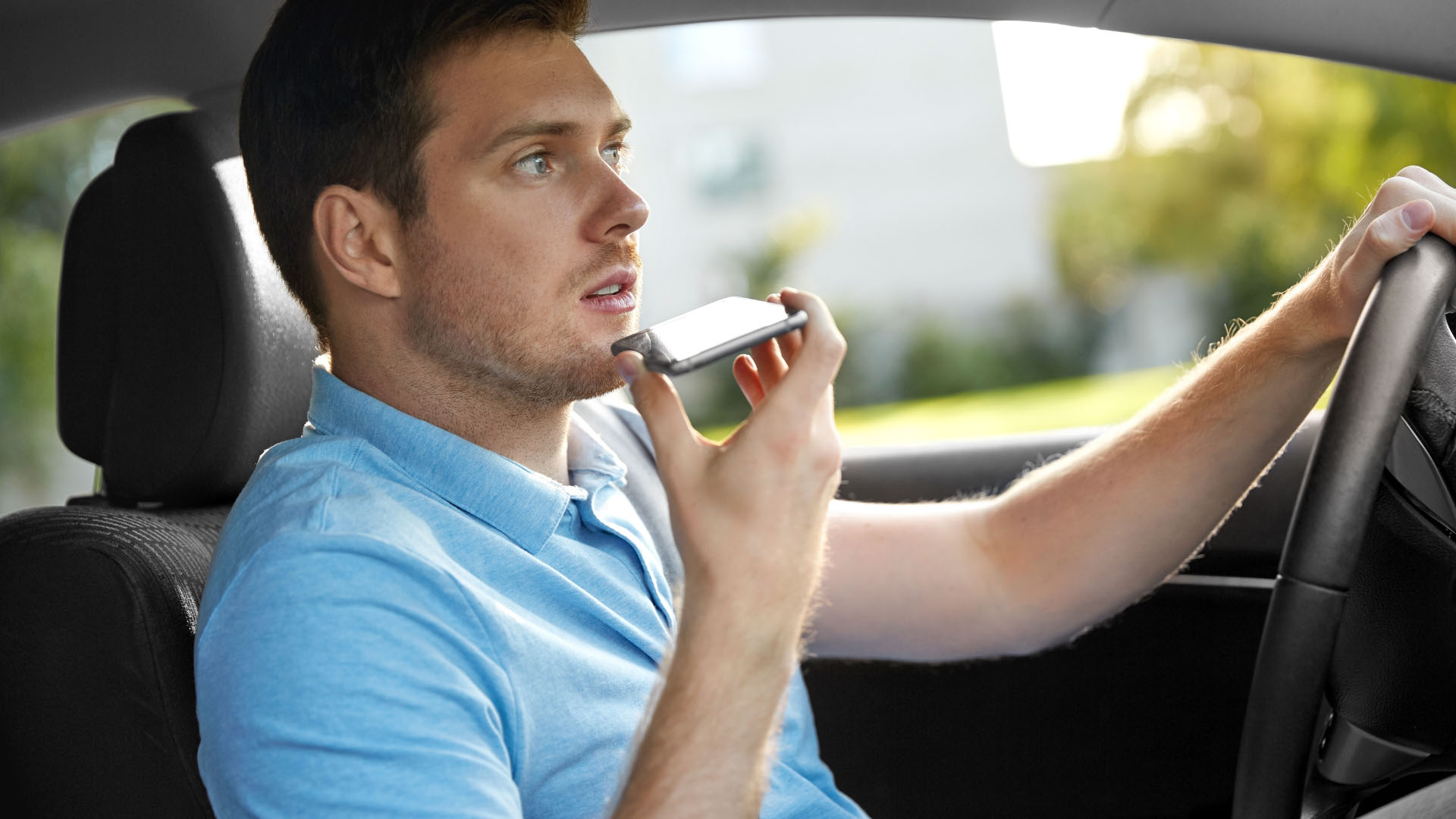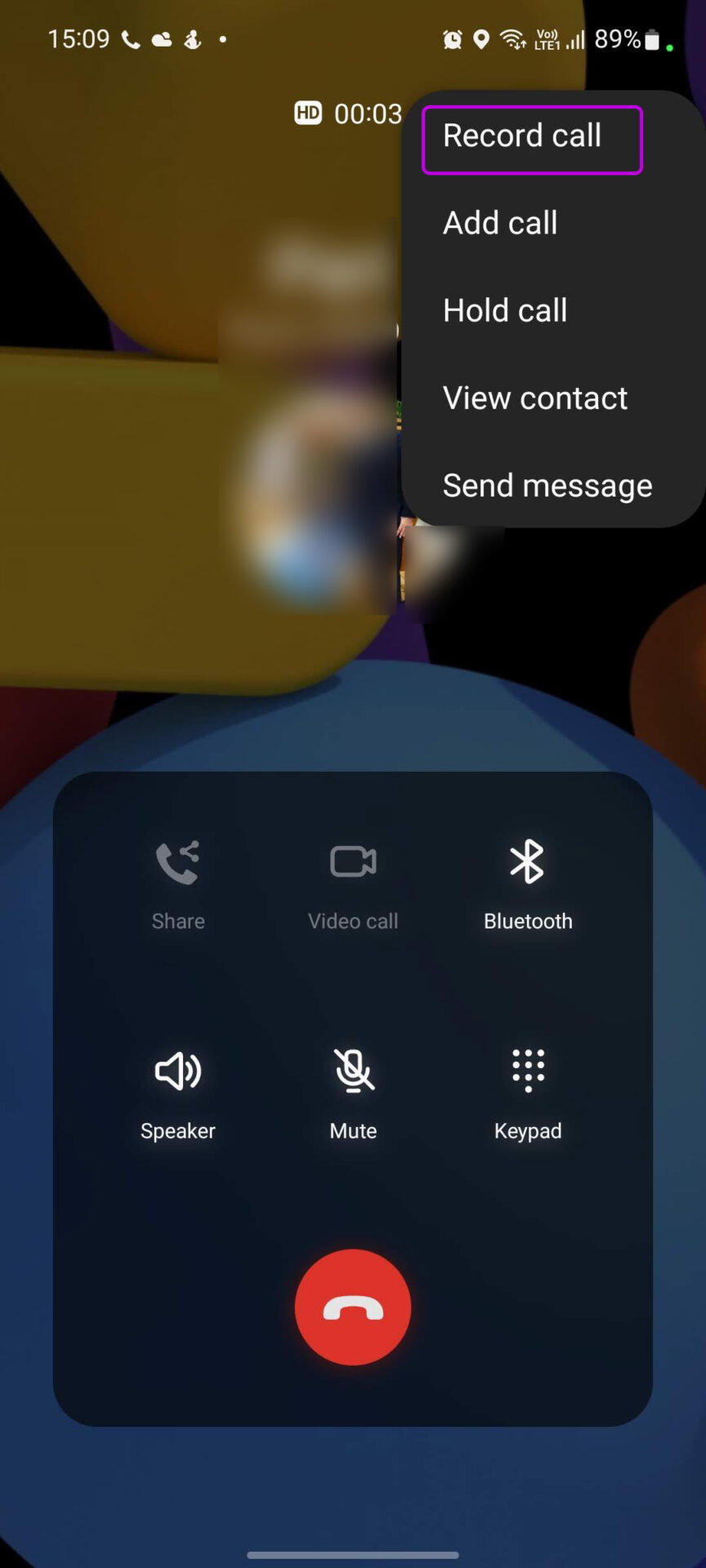Some third-party developers have been abusing the open nature of Android OS. The Google Play Store is filled with third-party call recording apps that might violate privacy and security by letting users record calls without the recipient’s consent. Google finally pulled the plug and removed required permissions that let apps record calls.
Call Recording is a Tricky Subject
User privacy laws vary from one region to another. That’s why you see Android-based phone makers or OEMs (Original Equipment Manufacturers) like Samsung offer the call recording feature only in a handful of countries while disabling the same in the US and other parts of the world. Privacy advocates have long been asking Google to crack down on third-party call recording apps on Android. These apps allow call recording without user consent, and the practice is a direct violation of user privacy and security – no matter in which region you are from.
Since the Android 6.0 days, Google has made steady progress to block call recording on phones. However, developers have always found a way to implement a function. Let’s rewind a bit here.
Google’s Attempt to Block Call Recording on Android
Starting with Android 6.0, Google blocked access to real call recording on phones. Developers moved to microphone permission and started accessing the same during calls to record conversations. Google again went ahead and implemented another change in Android 10. The system prevented microphone access to third-party apps during an active call (iOS does the same). Truecaller and other call recording apps started exploring Accessibility API to record calls.
The software giant recently announced that starting from May 11, 2022, it will not allow apps on Google Play Store to use the Accessibility service for call recording. The new policy states that ‘The Accessibility API is not designed and cannot be requested for remote call audio recording.’ You can check the webinar video for more details. Truecaller has already stopped advertising and offering call recording in their Android app. We tried several third-party call recording apps on the OnePlus 10R and none of them were able to record incoming voice on the device. The recording came away with our voice from one end only.
There is a Light at the End of the Tunnel
We understand that some businesses rely on call recording, and you might even need the function in your day-to-day use. The restrictions mentioned only apply to third-party apps on the Play Store. Google hasn’t put the same limits on the default Phone app that comes with your device. For example, Samsung’s Phone app does allow users to record calls seamlessly (where the law permits). Similarly, the Mi dialer app (Xiaomi’s Phone app), and Google’s dialer app that comes pre-installed on OnePlus, Vivo, Pixel, Nokia, and Motorola phones offer a call recording function.
If call recording is essential to you, make sure you buy an Android phone that comes with a dialer app that lets you record calls. Even if you download the Google Phone app from the Play Store, it will come without any recording function (since Google Phone will be treated as a third-party app on your phone). Once again, let us remind you that these built-in dialer apps only offer call recording in regions only where the law of that land permits. In countries like India, Spain, Canada, Sweden, Finland, the Czech Republic, etc., it’s completely legal to record conversations in which you are one of the participants.
Don’t Record Calls Without User Consent
Google knew how third-party apps were abusing Accessibility API to record calls. It was about time for the company put an end to the practice and deliver the final nail in the coffin for call recording apps. So think twice before you hit the download button or pay for a call recording app on the Android. Don’t follow the positive reviews either. They are probably posted before the policy changes go live.



